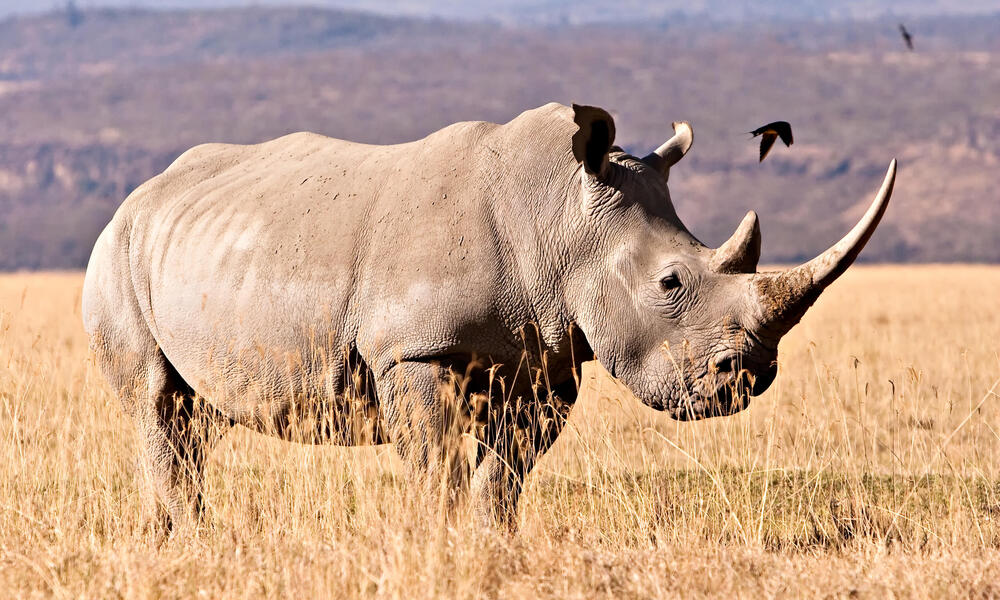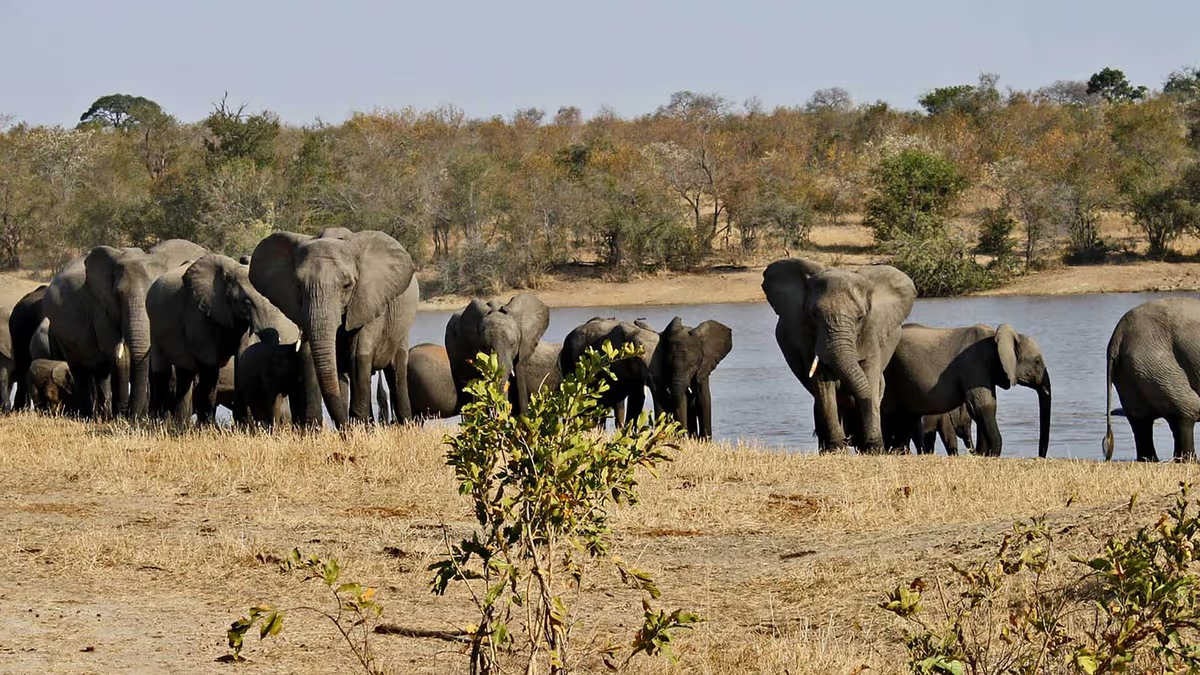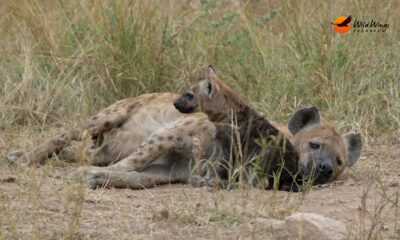News
South Africa’s Rhino King Faces Charges Over R250 Million Horn Smuggling

For years, John Hume was a household name in South Africa’s conservation circles. Known as the “Rhino King,” the 83-year-old businessman bred the world’s largest private herd of white rhinos on a sprawling ranch near Klerksdorp. His controversial stance on the legal trade of rhino horn made him a polarising figure. Now, he finds himself at the centre of a criminal case that has shaken the country’s wildlife community.
A Syndicate Worth Millions
On Tuesday, Hume was arrested alongside five others, including ex-employees, a lawyer, and the head of a rhino nonprofit. The National Prosecuting Authority confirmed that they face charges of fraud, theft, and violating the National Environmental Management: Biodiversity Act. The Department of Environment further revealed that racketeering and money laundering charges may be added.
Investigators allege the group was part of a scheme running for seven years, involving 964 rhino horns worth an estimated R250 million, funnelled into illegal markets in Southeast Asia. Authorities say permits were fraudulently obtained under the guise of local trade. Still, the horns were instead smuggled abroad, where powdered rhino horn is wrongly believed to cure ailments such as cancer.
A Divisive Conservationist
Hume is no stranger to headlines. For over a decade, he argued that legalising international horn sales could reduce poaching, since rhinos can regrow their horns if removed safely. Despite his lobbying, global trade remained banned, leaving his massive herd financially unsustainable. In 2023, he sold the entire operation, including around 2,000 rhinos, to the nonprofit African Parks, supported by billionaire donors.
His arrest has reignited fierce debate: was he a misunderstood conservationist trying to save rhinos through controversial means, or was he exploiting them under the cover of philanthropy?
Public and Conservationist Reactions
Reactions have been swift. On social media, many South Africans expressed shock at the downfall of a man once seen as a maverick in the fight against poaching. Conservation voices online suggested the charges, if proven, could undermine decades of conservation efforts and cast a shadow over South Africa’s reputation as custodian of 80% of the world’s rhino population. Others argued this case proves that attempts to commodify rhino horn create dangerous loopholes that criminal networks will exploit.
What This Means for South Africa’s Rhinos
South Africa has battled relentless poaching for over 15 years, losing hundreds of rhinos annually. The arrests mark a rare breakthrough after years of investigations by a specialist wildlife crime unit. Whether Hume is found guilty or not, the case highlights the complexity of balancing conservation, commerce, and crime in a country carrying most of the world’s rhino responsibility.
Hume has been released on R100,000 bail and has not commented publicly. The trial ahead is set to draw global attention, not only for its legal drama but also for the questions it raises about the future of rhino protection.
Also read: Why More South African Families Are Choosing Homeschooling in 2025
Follow Joburg ETC on Facebook, Twitter, TikT
For more News in Johannesburg, visit joburgetc.com
Source: Business Tech
Featured Image: World Wildlife Fund


























